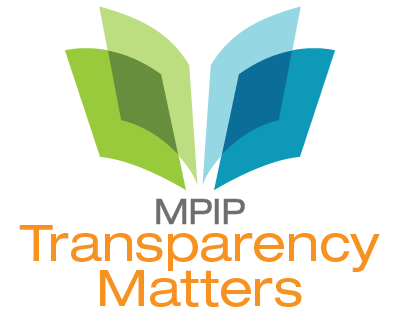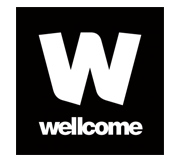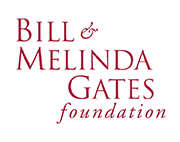Open Access Reference Site
Back to Open Access
Do open access publishing requirements and availability of open access options vary by funding source?
Do open access publishing requirements and availability of open access options vary by funding source?
Depending on funding source, some publishers and journals vary open access options available to authors. Additionally some funders require authors to publish research funded by their organization on open access terms.
Information about open access publishing options is usually found in a journal’s“Instructions for Authors”
There are some restrictions around open access based on funding source:
Research conducted by Ellison and colleagues1 has shown that open access publishing options in high-impact medical journals (as assessed by an impact factor of at least 15) are not always available to authors of commercially funded research
Some journals restrict open access
by funding type
POLICY EXAMPLE:
“CC BY Creative Commons license is only available to research funded by academic institutions, not-for-profit organizations, philanthropic foundations, or government agencies.”
Other journals only offer open access publishing options to research from specific funders who have an agreement with the journal/publisher
POLICY EXAMPLE:
“CC BY Creative Commons license is only available for authors whose funding agency has an appropriate agreement with [NAME OF PUBLISHER]. See list of funding agencies with agreements here: [LIST OF AGENCIES].”
Both types of policies effectively prohibit authors with funding from a for-profit organization to publish in their journal with a CC BY Creative Commons license.
Some publishers and journals apply a different standard for papers with commercial/industry funding (vs non‑commercial/industry funding). Authors with commercial/industry funding for their research may not be offered open access options/terms for the publications or may be offered open access options/terms that are more restrictive than what is offered to authors without funding from a commercial/industry organization. Examples include:
-
Higher fees (APCs) for open access terms
-
Limited availability of Creative Commons licenses
-
Longer embargo period before the publication is freely available
Some funding sources mandate that research be published open access
Wellcome Trust, the Bill and Melinda Gates Foundation, and the United States National Institutes of Health (NIH), are 3 well-known funders that have requirements for how, in terms of accessibility and/or reuse rights, research funded by grants from their organization is published.
Wellcome Trust and the Bill and Melinda Gates foundation require research be published with a CC BY license, in alignment with the BBB definition of open access; while the NIH only requires that published work be deposited into a repository within 12 months of publication.
Note: CC BY is the Attribution license of Creative Commons.
The number of funding sources requiring research they fund to be published open access is growing.
-
In January 2018, Shire plc enacted a policy that requires all Shire-supported research manuscripts to be submitted to journals offering public availability via open access.
-
As of January 1, 2020, 13 national and European research councils and funding bodies will require research funded by their public grants to be published under open access terms with an open license, preferably CC BY. Read more about this initiative.
The SHERPA Juliet database includes information from a number of funding agencies on their policies and requirements for open access publishing of research they fund.
REFERENCE
- Ellison T, et al. Open access policies of high impact medical journals: a cross-sectional study. bioRxiv. 2018. doi: https://doi.org/10.1101/250613.




